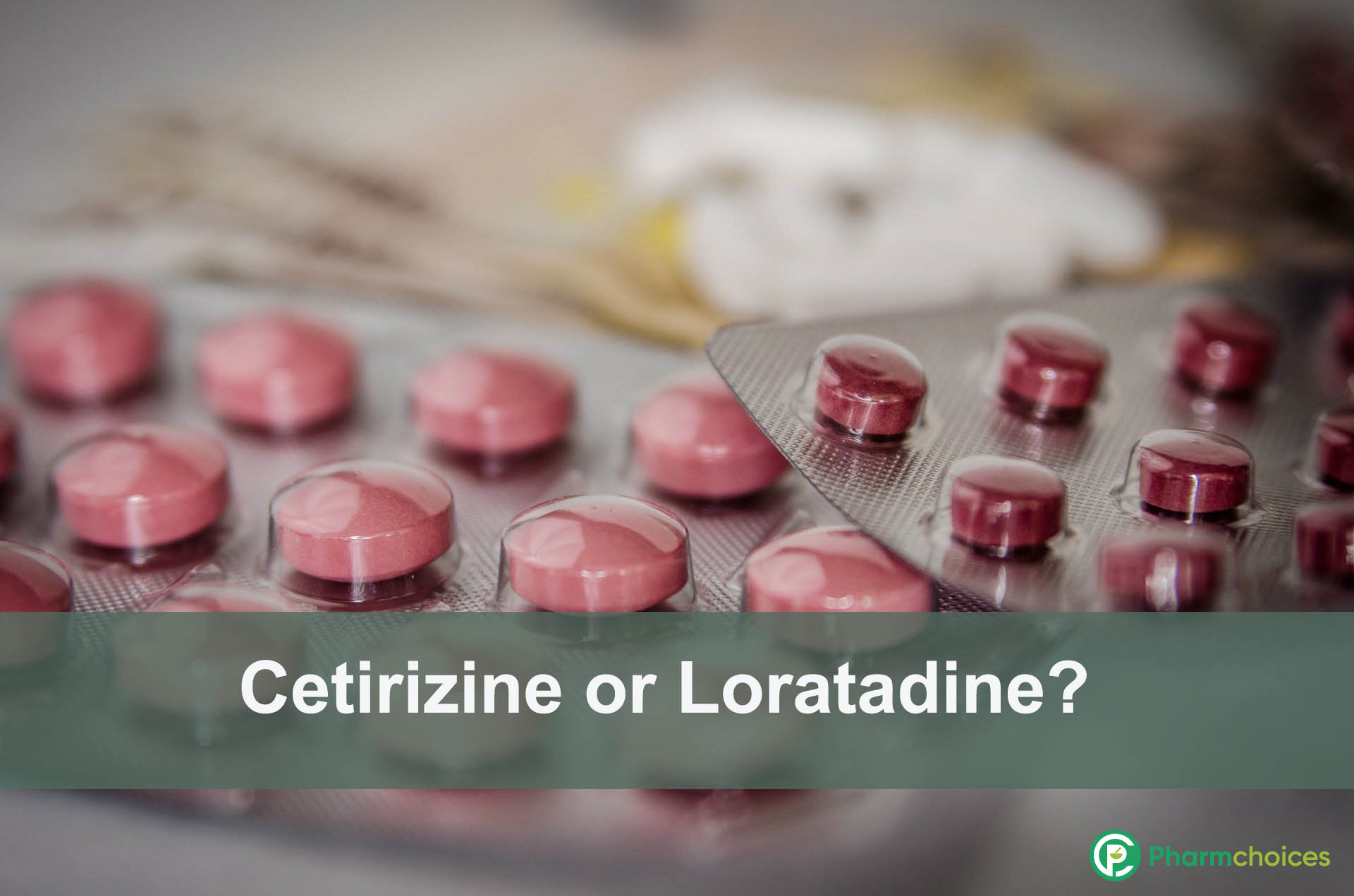Loratadine and cetirizine are both anti-histamines used for treating allergic conditions such as rhinitis, colds, pruritus, urticarial rashes, sneezing, allergic conjunctivitis, and nasal congestion. The question is: should I take loratadine or cetirizine hydrochloride?
Loratadine is a cyproheptadine derivative. It is a long-acting and potent tricyclic H1-antihistamine drug. It selectively antagonizes the histamine H₁ receptor. H₁ receptors cause vasodilation, contraction of the smooth muscles in the bronchi and the GI tract, itching in the skin, flare.
Cetirizine hydrochloride, on the other hand, is a piperazine derivative. It is also a long-acting and less sedative. It reduces the actions of histamine by blocking its receptors in the body tissues.
Taking Loratadine or Cetirizine
Loratadine and cetirizine belong to the same class of drugs: antihistamines. They belong to the second generation of anti-histamines. It is worthy to note that second-generation anti-histamines have an advantage over first-generation drugs. They have fewer nervous side effects, like drowsiness. Both cetirizine alongside loratadine are drugs of choice in treating allergies in breastfeeding mothers.
Loratadine has a slower onset of action of about 3 hours, but lasts for a full day. Cetirizine has a faster onset of action, with 1 hour peak serum time, and lasts for a shorter period.
Cetirizine has an advantage over loratadine, as it has a faster onset of action. It is better than loratadine in treating hay fever. However, the action does not last long. It also causes more drowsiness than loratadine. It can also cause dry mouth when used to treat allergic rhinitis.
Loratadine is better when a longer duration of action is needed. It also has more decongestant properties and does not cause much drowsiness. So you can take it and drive or work. Loratadine, however, interacts with many drugs, especially alcohol, erythromycin, ketoconazole, carbamazepine, and other anti-histamines. It is not advisable to give it to renal impaired patients.












